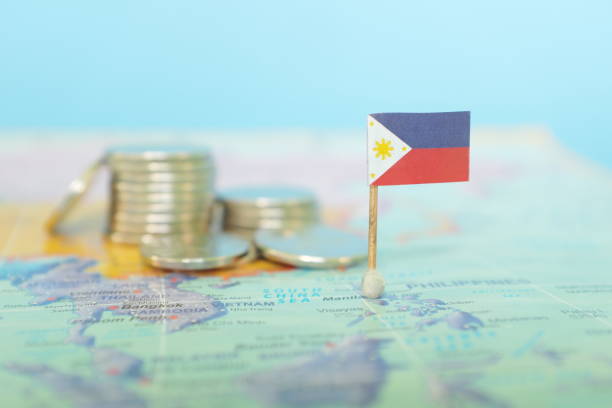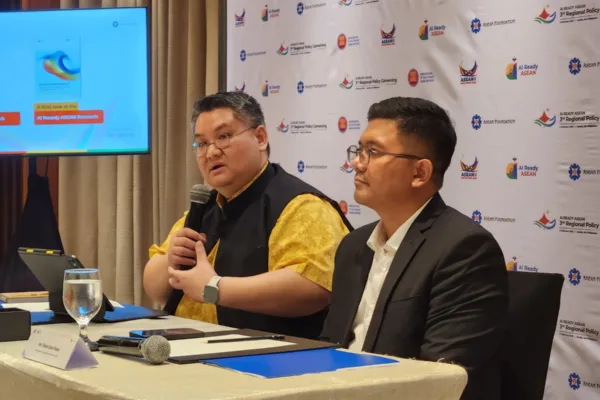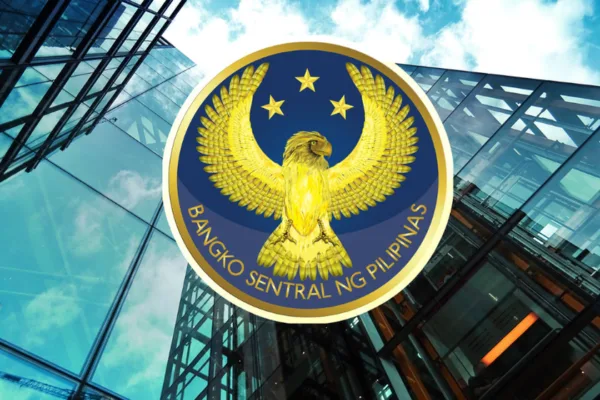The unwavering dedication of overseas Filipinos (OFs) continues to serve as a powerful engine for the Philippine economy, with personal remittances surging by 2.6% year-on-year to reach a robust US$3.13 billion in March 2025.
This consistent and substantial influx of foreign currency underscores the vital role of overseas Filipinos in sustaining the Philippine economy and fortifying its financial foundations.
Beyond this national impact, their resilience in navigating the challenges of overseas employment directly translates into crucial economic support for numerous families dispersed throughout the Philippine archipelago, offering stability and the means to pursue their aspirations.

The latest figures released by the Bangko Sentral ng Pilipinas (BSP) reveal a consistent upward trend, with cumulative personal remittances for the first quarter of 2025 reaching an impressive US$9.40 billion.
This represents a healthy 2.7% increase compared to the US$9.15 billion recorded during the same period last year, signaling sustained momentum in this critical economic lifeline.

Breaking down the March figures, both land-based and sea-based Filipino workers contributed to the overall growth in remittances, demonstrating the widespread impact of overseas employment across various sectors. This collective effort highlights the global reach of Filipino talent and their commitment to supporting their loved ones back home.
The bulk of these funds flowed through formal banking channels, with cash remittances coursed through banks amounting to US$2.81 billion in March 2025, marking a similar 2.6% increase from the US$2.74 billion recorded in March 2024.
The year-to-date performance of cash remittances also mirrors this positive trajectory, climbing by 2.7% to US$8.44 billion in the first three months of 2025, up from US$8.22 billion in the corresponding period last year.

A deeper dive into the sources of these vital funds reveals the significant contributions of key host countries.
The growth in cash remittances during the January – March 2025 period was primarily fueled by increased flows from economic powerhouses such as the United States, the dynamic city-state of Singapore, the oil-rich kingdom of Saudi Arabia, and the bustling metropolis of the United Arab Emirates.
Notably, the United States emerged as the top source of cash remittances in the first quarter, underscoring the strong presence and economic contributions of Filipinos in North America. Following closely were Singapore and Saudi Arabia, highlighting the significant number of Filipinos employed in the Southeast Asian hub and the Middle Eastern nation.
However, the BSP also noted certain limitations in tracing the precise origin of some remittance data. A common practice among remittance centers abroad involves channeling funds through correspondent banks, many of which are located in the U.S.
Understanding the true sources of Philippine remittances

Remittances sent via money couriers cannot always be broken down by their actual country of origin and are often attributed to the location of the courier’s main office, frequently in the U.S. This methodological nuance suggests that the U.S.’s apparent dominance as a remittance source might partially reflect these intermediary banking practices.
Despite these data complexities, the overarching message remains clear: the steady influx of remittances from OFWs provides a crucial buffer for the Philippine economy.
These funds not only support the daily needs and aspirations of millions of Filipino families but also contribute significantly to domestic consumption, investment, and overall economic activity.
In a global landscape often marked by economic uncertainties, the reliability and consistent growth of OFW remittances serve as a testament to the resilience and hard work of Filipinos abroad and their enduring connection to their homeland.
This economic lifeline continues to play an indispensable role in shaping the Philippines’ financial landscape and fostering a sense of stability and opportunity for the nation, promising a brighter and more secure future for countless Filipino families and the nation as a whole.








